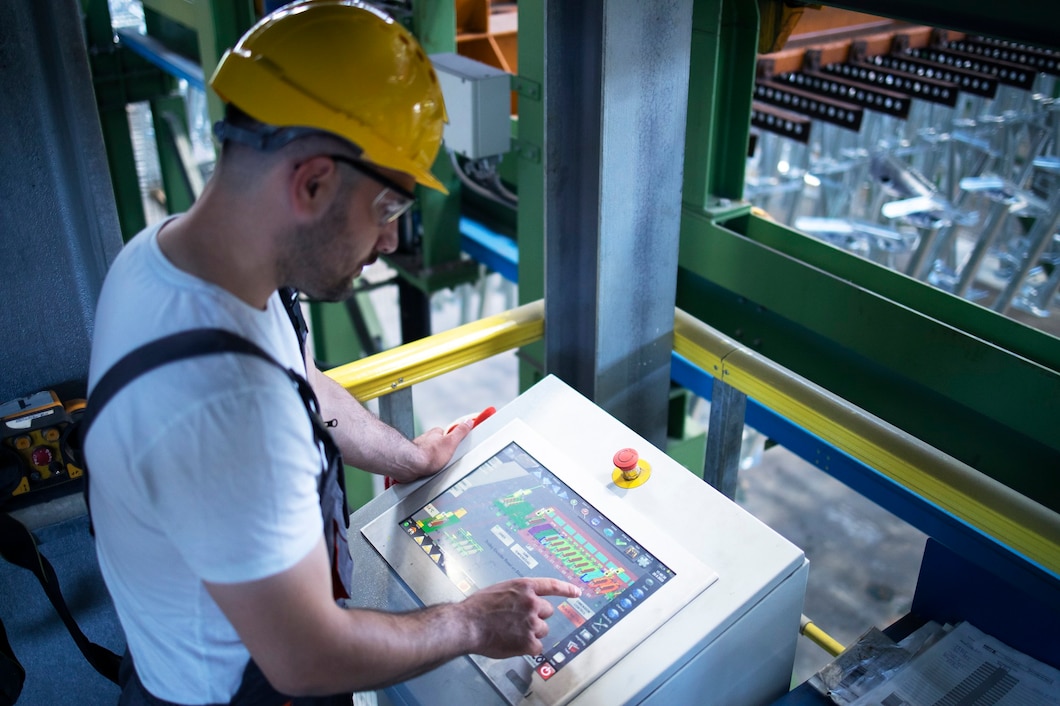
Sponsored article
In the fast-paced world of industrial projects, specialty applications have emerged as a key player. They offer a plethora of benefits, improving operational efficiency and overall profitability. This article aims to provide detailed insights into these applications and their significant impact on the world of industrial projects. We will explore their usage, efficiency gains, and profitability perspective.
In today’s exchange-economic milieu, specialty applications stand as a vital keystone in myriad industries. They cater to the specialized needs by bolstering efficiency and optimizing functionality.
Usage spans across:
Resonating with the robust sectorial needs, the industrial efficacy of specialty applications amplifies significantly when converged with other services.
Industrial efficiency is greatly enhanced by the use of specialty applications. As customized tools designed to address specific operational challenges, these applications streamline and optimize different aspects of an industrial project, leading to significant efficiency gains. The application functionality varies widely, giving them versatility in the industrial landscape.
Examples of efficiency benefits derived from using specialty applications include:
The ultimate value of these specialty applications lies in their ability to tailor solutions to unique industrial challenges, fundamentally transforming operational efficiency to unprecedented levels.
In the industrial world today, the correlation between profitability and specialty applications has become increasingly significant. Specialty applications are technological tools explicitly designed to enhance operational efficiency and productivity in industrial projects. They epitomize a proactive approach in managing complex processes that constitute such projects, and by doing so, they significantly command the potential to increase profitability.
These applications, tailored explicitly for industry-specific tasks, streamline workflows, eliminate redundancies, and reduce the risk of missed opportunities. Consequently, they amplify the cost-effectiveness of industrial projects, leading to higher profitability. In essence, the strategic employment of specialty applications in industrial projects fosters a conducive environment for maximizing profit margins while delivering superior quality outputs.